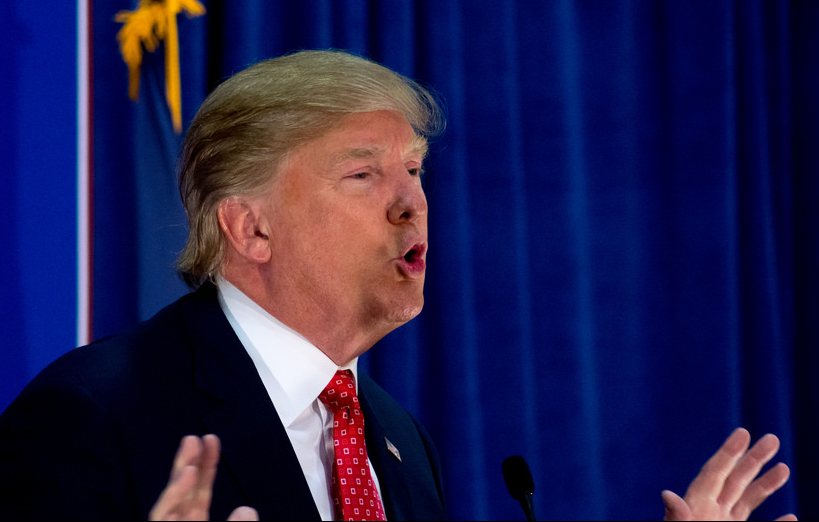New evidence reveals GOP may have known election was rigged for Trump when it blocked Merrick Garland

Yesterday we learned that Special Counsel Robert Mueller is investigating the Donald Trump campaign, the Republican National Committee, and Russia for having conspired to rig the election in the key swing states of Michigan and Wisconsin. Today we learned that Trump campaign adviser George Papadopoulos knew a whole lot more than we thought. Now the timeline suggests the Republican Senate may have known Russia was rigging the election when it made the decision to block President Obama’s appointment of Merrick Garland to the Supreme Court.
It was a move that made little sense at the time. Why would the Republican Senate have made the unconstitutional and politically risky move of blocking Garland, when it knew it had little chance of winning the White House in 2016 anyway? Hillary Clinton was the overwhelming frontrunner, and by the time the GOP made the decision in mid March of 2016, it knew it was likely to be saddled with the pitifully overmatched Donald Trump as its nominee. Now it looks like the GOP may have just learned that it was going to “win” the election after all.
The New York Times published a lengthy profile today documenting that the Trump-Russia investigation began in mid-March of 2016, when George Papadopoulos drunkenly bragged about conspiring with Russia to an Australian diplomat, who promptly ratted him out (link). This provides additional context to the original Papadopoulos guilty plea, which states that he first learned about Russia’s willingness to help rig the election on March 14th of 2016. Just two days later, key Senate Republican John Cornyn announced that he intended to block the Merrick Garland nomination (link). In other words, immediately after the Trump campaign learned that Russia was going to rig the election, the Republican Party decided to stall the Supreme Court nomination so a Republican President could fill it after the election.
To be clear, none of the above is proof of anything. It would need to be proved that Papadopoulos told someone in the Republican Senate about the Russian election rigging (fellow Trump campaign adviser Jeff Sessions would be the only realistic possibility), and then proven that Sessions told his fellow GOP Senators. We don’t know what additional evidence Mueller does or doesn’t have. But based on this new timeline, it’s extraordinarily difficult to believe that it was mere coincidence that the GOP suddenly decided to block Merrick Garland’s nomination on the assumption a Republican would win the election, just two days after Russia told the Trump campaign that there would indeed be a Republican President.
